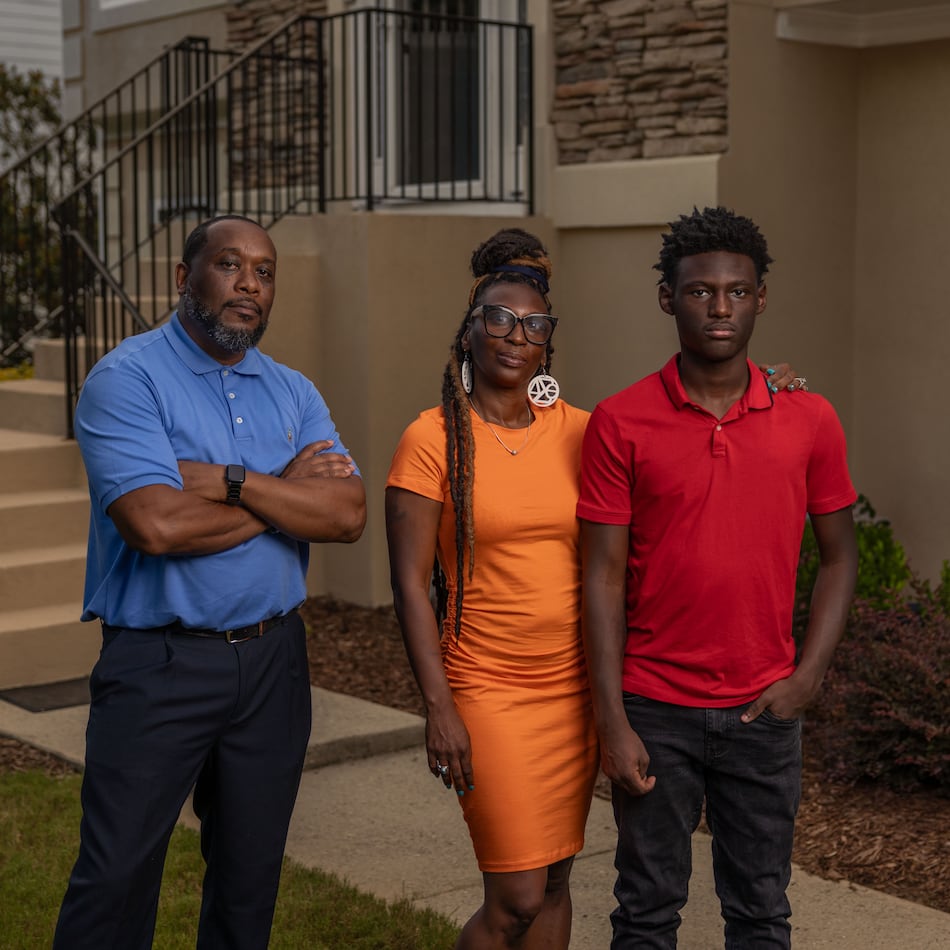A political consultant who sent artificial intelligence-generated robocalls mimicking former President Joe Biden to New Hampshire Democrats last year was acquitted Friday of voter suppression and impersonating a candidate.
Steven Kramer, 56, of New Orleans, admitted orchestrating a message sent to thousands of voters two days before the state's Jan. 23, 2024, presidential primary. Recipients heard an AI-generated voice similar to the Democratic president's that used his catchphrase "What a bunch of malarkey" and, as prosecutors alleged, suggested that voting in the primary would preclude voters from casting ballots in November.
“It’s important that you save your vote for the November election,” voters were told. “Your votes make a difference in November, not this Tuesday.”
Kramer, who would have faced decades in prison if convicted, testified that he wanted to send a wake-up call about the potential dangers of AI when he paid a New Orleans magician $150 to create the recording. He was getting frequent calls from people using AI in campaigns, and, worried about the lack of regulations, made it his New Year's resolution to take action.
"This is going to be my one good deed this year," he recalled while testifying in Belknap County Superior Court.
Prosecutors argued the calls amounted to an attack on the integrity of the primary, while Kramer’s defense tried to direct outrage at the Democratic National Committee instead.
At Biden's request, the DNC dislodged New Hampshire from its traditional early spot in the 2024 nominating calendar, but later dropped its threat not to seat the state's national convention delegates. Biden did not put his name on the ballot or campaign there, but won as a write-in.
Kramer, who owns a firm specializing in get-out-the-vote projects, argued that the primary was a meaningless straw poll unsanctioned by the DNC, and therefore the state’s voter suppression law didn’t apply. The defense also said he didn’t impersonate a candidate because the message didn’t include Biden’s name, and Biden wasn’t a declared candidate in the primary.
Jurors apparently agreed, acquitting him of 11 felony voter suppression charges, each punishable by up to seven years in prison. The 11 candidate impersonation charges each carried a maximum sentence of a year in jail.
“Our commitment to enforcing election laws remains steadfast," New Hampshire Attorney General John M. Formella said in a statement. “We will continue to work diligently to address the challenges posed by emerging technologies, including artificial intelligence, to protect the integrity of our elections.”
Kramer also faces a $6 million fine by the Federal Communications Commission, but he told The Associated Press that he won’t pay it. Lingo Telecom, the company that transmitted the calls, agreed to pay $1 million in a settlement in August.
The agency, which did not respond to requests for comment, was developing AI-related rules when Donald Trump won the presidency, but it has since shown signs of a possible shift toward loosening regulations. And though many states have enacted legislation regulating AI deepfakes in political campaigns, House Republicans in Congress recently added a clause to their signature tax bill that would ban states and localities from regulating artificial intelligence for a decade.
Keep Reading
The Latest
Featured



